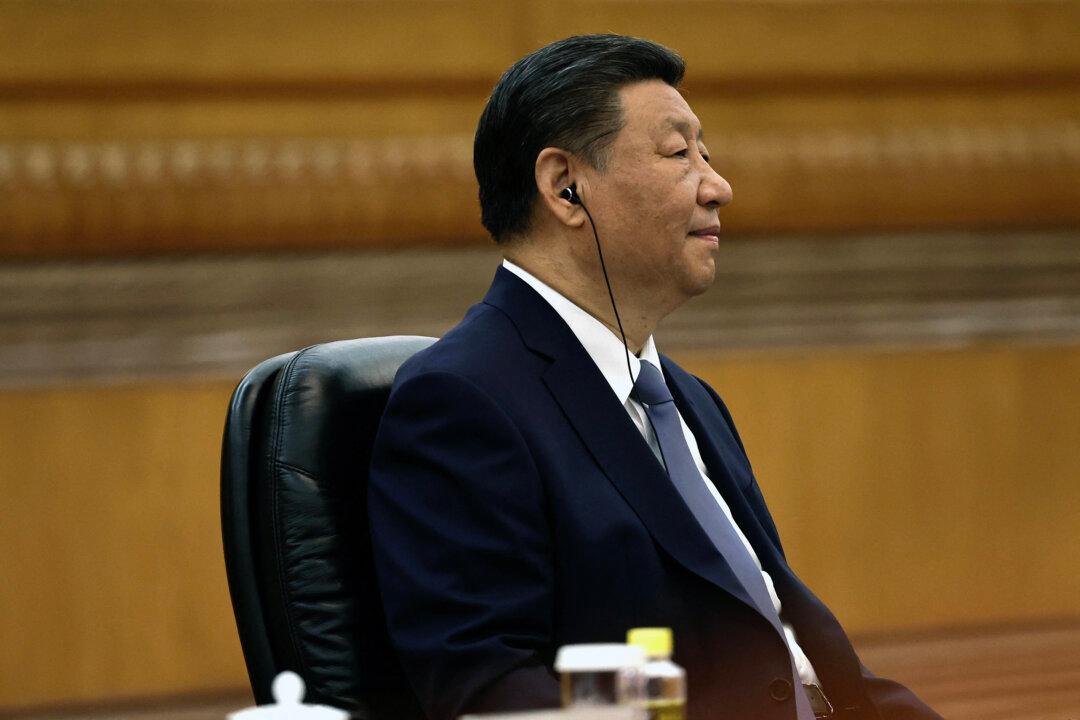JOHANNESBURG—The Chinese Communist Party (CCP) has annexed media spaces across Africa, severely restricting citizens’ access to fair, balanced, and accurate news and allowing Beijing to spread anti-U.S. messaging at will, according to separate research completed by two of the world’s foremost authorities on China’s actions on the continent.
Reports from Paul Nantulya, at the Africa Center for Strategic Studies in Washington, and Joshua Eisenman, senior fellow for China studies at the American Foreign Policy Council, paint a disturbing picture of the CCP’s success in spreading propaganda, misinformation, and disinformation across a continent that President Joe Biden characterized as “essential” to ensuring a better future for the entire planet.





